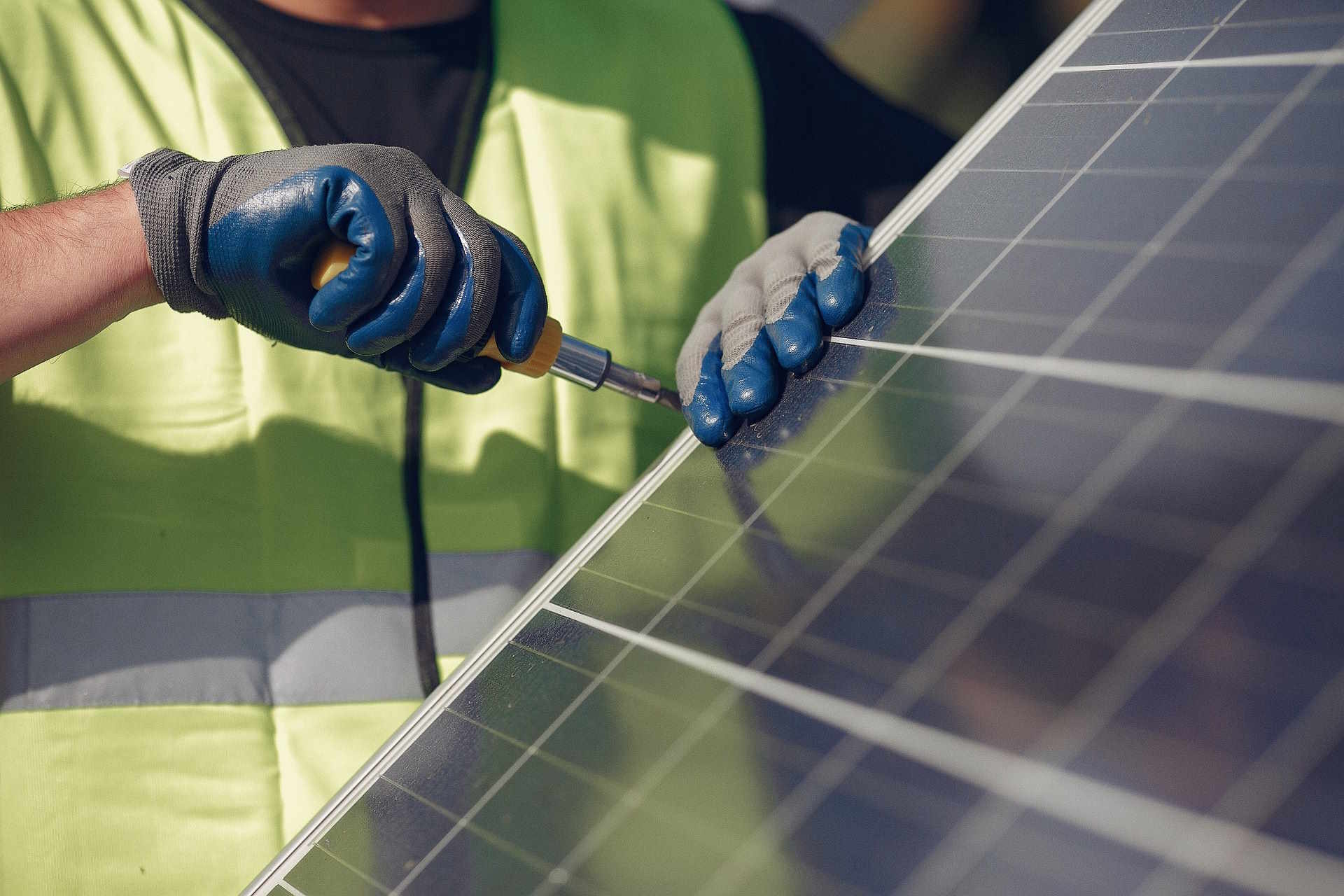The Future of Clean Energy: Understanding Wind Turbine Technology and Career Opportunities
Wind turbines stand as towering symbols of renewable energy advancement, combining sophisticated engineering with environmental sustainability. These massive structures, whether stationed on land or offshore, convert wind energy into electricity while creating thousands of jobs in the growing renewable energy sector. As the world shifts toward cleaner energy solutions, understanding wind turbine technology and its applications becomes increasingly important.

What Makes Offshore Wind Farms Unique?
Offshore wind farms represent a significant advancement in renewable energy technology. Located in marine environments, these installations benefit from stronger, more consistent wind patterns compared to land-based alternatives. Their placement in ocean waters allows for larger turbine structures and greater energy production capacity. Despite higher initial installation costs, offshore wind farms typically generate more electricity per unit than their onshore counterparts.
What Skills Do Wind Turbine Technicians Need?
Wind turbine technicians, often called wind techs, play a crucial role in maintaining these complex energy systems. These professionals must possess a unique combination of mechanical, electrical, and safety skills. For offshore installations, technicians require additional marine safety certifications and experience working in challenging ocean environments. The position demands physical stamina, technical expertise, and comfort working at extreme heights.
How Does Marine Environment Impact Wind Turbine Design?
The marine environment presents unique challenges for wind turbine engineering and maintenance. Saltwater exposure, extreme weather conditions, and wave action require specialized materials and protective measures. Engineers must design turbines that can withstand corrosion, high winds, and storm conditions while maintaining optimal performance. Regular maintenance becomes even more critical in these harsh environments to ensure longevity and reliability.
What Are the Career Opportunities in Wind Energy?
The wind energy sector offers diverse career paths, from engineering and technical roles to project management and environmental assessment positions. Wind turbine technicians represent one of the fastest-growing occupations in the renewable energy field. The industry particularly needs skilled professionals for offshore installations, where specialized knowledge of marine operations combines with traditional wind energy expertise.
| Position | Average Salary (USD) | Required Skills |
|---|---|---|
| Wind Turbine Technician | $56,000 - $73,000 | Mechanical, Electrical, Safety Training |
| Offshore Wind Specialist | $65,000 - $85,000 | Marine Safety, Technical Skills |
| Wind Farm Manager | $80,000 - $120,000 | Project Management, Engineering |
| Marine Operations Coordinator | $70,000 - $90,000 | Maritime Experience, Logistics |
Prices, rates, or cost estimates mentioned in this article are based on the latest available information but may change over time. Independent research is advised before making financial decisions.
The wind energy sector continues to evolve with technological advancements and growing demand for renewable power sources. From skilled technicians maintaining turbines at sea to engineers designing next-generation systems, the industry offers substantial opportunities for those interested in combining technical expertise with environmental stewardship. As global investment in wind energy increases, particularly in offshore installations, the sector promises sustained growth and innovation in the pursuit of cleaner energy solutions.






